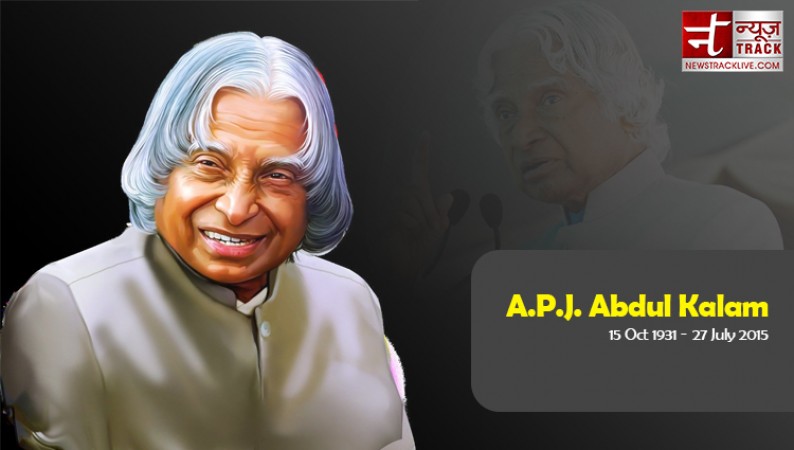
On July 27, 2015, the world bid farewell to a remarkable individual whose life was a testament to perseverance, intellect, and an unwavering commitment to the betterment of society. Dr. Avul Pakir Jainulabdeen Abdul Kalam, fondly known as the "Missile Man of India" and the "People's President," left behind a legacy that continues to inspire generations to come.
Born on October 15, 1931, in Rameswaram, Tamil Nadu, Dr. Kalam's journey from a humble background to becoming India's 11th President (from 2002 to 2007) was nothing short of extraordinary. His story serves as a beacon of hope for countless individuals striving to overcome adversities and achieve greatness through hard work and dedication.
From an early age, Dr. Kalam exhibited a keen interest in science and technology. He pursued a degree in aeronautical engineering and later went on to contribute significantly to India's missile and space programs. He played a pivotal role in the development of India's first indigenous satellite launch vehicle (SLV-III) and the successful testing of nuclear-capable ballistic missiles, such as Agni and Prithvi.
Throughout his illustrious career, Dr. Kalam held several prestigious positions, including the Chief Scientific Adviser to the Prime Minister and the Secretary of the Department of Defense Research and Development. His contributions earned him numerous accolades, including the Bharat Ratna, India's highest civilian award.
Beyond his scientific accomplishments, Dr. Kalam was a captivating orator and a prolific writer. He connected effortlessly with people of all ages and backgrounds, especially the youth, whom he believed held the key to India's future. His speeches and books, like "Wings of Fire" and "Ignited Minds," inspired countless individuals to dream big, aim high, and contribute positively to society.
Dr. Kalam's presidency was marked by his genuine concern for the welfare of the nation and its citizens. Despite holding a ceremonial position, he continued to engage with the youth and sought to ignite their passion for innovation and nation-building. His approachable demeanor and simplicity endeared him to the masses, and he became a beloved figure across India and around the world.
Even after his tenure as President, Dr. Kalam remained an active participant in various educational and social initiatives. He traveled extensively, delivering lectures and interacting with students, urging them to embrace a scientific temper and to work towards a self-reliant India.
Tragically, on July 27, 2015, while doing what he loved most—interacting with students at the Indian Institute of Management, Shillong—Dr. Kalam suffered a cardiac arrest and left this world. The outpouring of grief and tributes that followed from leaders, scientists, students, and ordinary citizens was a testament to the profound impact he had on countless lives.
Dr. Kalam's vision for India extended far beyond scientific and technological advancements. He dreamt of a nation where every citizen had access to quality education, healthcare, and equal opportunities. He believed that sustainable development and compassion for one another were essential for a prosperous society.
In the years since his passing, Dr. APJ Abdul Kalam's legacy has endured. His teachings and ideals continue to resonate with people, motivating them to think beyond themselves and contribute to the greater good. The educational institutions and research centers established in his honor stand as living monuments to his enduring spirit.
As we remember the life and accomplishments of this extraordinary leader, let us also embrace the values he lived by—diligence, humility, and a relentless pursuit of excellence. Let us be inspired to work together to build a better and brighter future for all, just as Dr. Kalam envisioned. In doing so, we can ensure that his legacy lives on, not just in our memories, but in the positive actions we take to shape the world for the better.
The Jallianwala Bagh Massacre: A Tragic Turning Point in Indian History